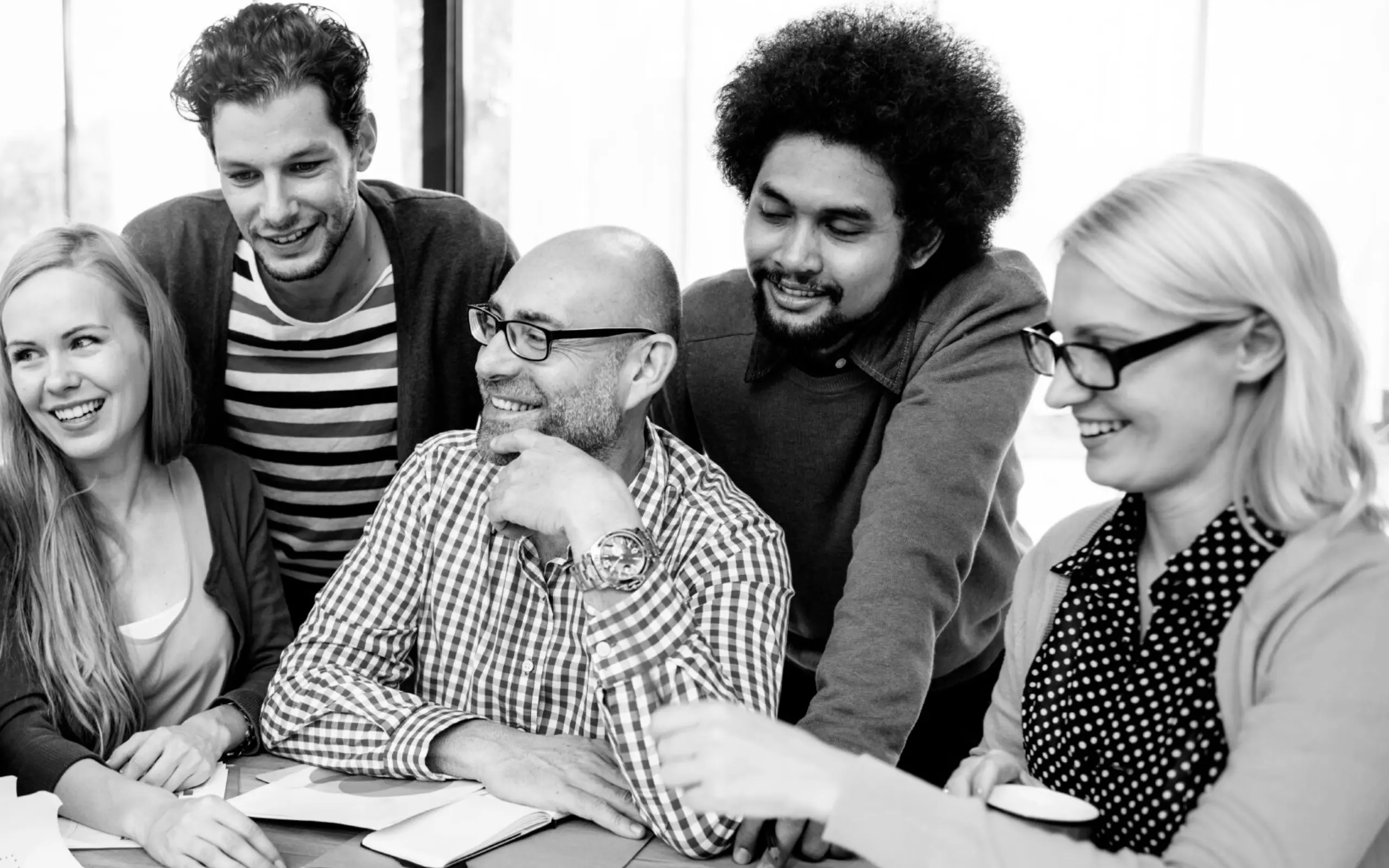
Diversity and inclusivity are evolving considerations that matter in both public and work life. In recent years, they have gained traction, but a lot still needs to be done. Evolving perspectives need to feed into a sustainable movement with more emphatic milestones.
Be it personal, family, community, business or public, inclusivity matters. It goes a long way for those in pursuit of a value-based journey of life at home, work, or in society. People need to understand its impact and how it fulfils their moral and ethical values beyond their faiths, cutting across race, religion, or gender.
Inclusivity is fundamental to the ethos of any civil society and integral to the principles of most religions. Due to a lack of insight and misconceived perceptions, this remains a hotly debated issue.
Its pros and cons are under scrutiny, and unfortunately, its merits are intensely contested by many. These preconceived apprehensions and the politics of the day is eclipsing to correct these biases and discrimination.
Inclusivity at large assures the greater good for all, whilst it also aims to focus on the weaker sections to ensure that they get a level playing field and adequate resources for them to integrate. Inclusivity is not about taking anything away from anyone. It is to engage the privileged in helping the vulnerable sections to elevate social and economic order.
This narrative, at times, becomes a challenge for some, with inclusivity often wrongly perceived as a threat to those with privileges, who worry that these may be taken away or that they may be asked to share with others.
For a sustainable social order, coherence is a fundamental need in each walk of life to ensure equal opportunities, fairness, justice, and trust. Inclusivity, in essence, eradicates biases and discrimination and promotes consciousness of coherence. For the inclusive development of society or workplaces, all prejudices and frontiers of race, religion, gender, or economic class must go.
Society and the world at large needs inclusivity to take away deep-rooted biases and create balance. Inclusivity aims to engage with the haves to co-own its principles to work in tandem and bring equal opportunities for the have nots.
Diversity is critical to further the desired impact of inclusivity. In any civil society, diversity is essential in terms of the participation or representation of all classes. Ethnic, religious, gender and cultural diversity ensures that all coexist. In the business world too, inclusivity and diversity are the essential drivers.
Principal business segments, such as people and strategy, are critical inclusivity considerations that shape business continuity and performance outcome.
Inclusivity assures that people from different ethnicities, nationalities, religions, and cultures quickly learn to coexist despite their diverse backgrounds. It helps to elevate people to excel and often to outperform. Diversity, as part of the inclusive agenda, ensures that ethnic cultural and religious groups are more tolerant, risk savvy, and outgoing in their domains.
Inclusivity in workplaces, puts a lot of onus on the company’s policies, values, and culture. It is the organization’s values that act as the custodian of inclusivity, and these set its guiding principles from systems to the management of the human workforce across all the functional domains.
Diversity will ensure a reasonable representation of all classes between nationality, gender, and ethnicity. In contrast, compassion will ensure that weaker sections and their interests are not overlooked. Gender equality will ease the way for women to succeed and work seamlessly.
There is enough data and research to prove that diversity and inclusivity assure greater organizational sustainability and economic leverage.
Source: Forbes Middle East